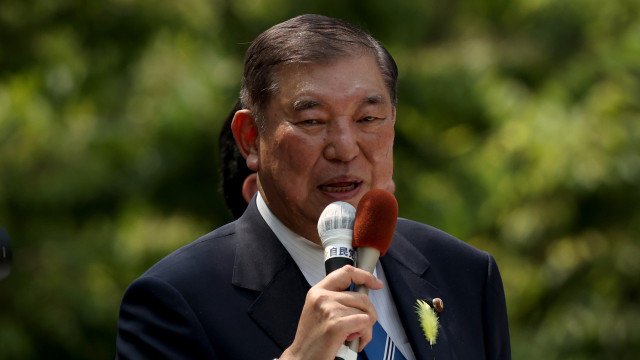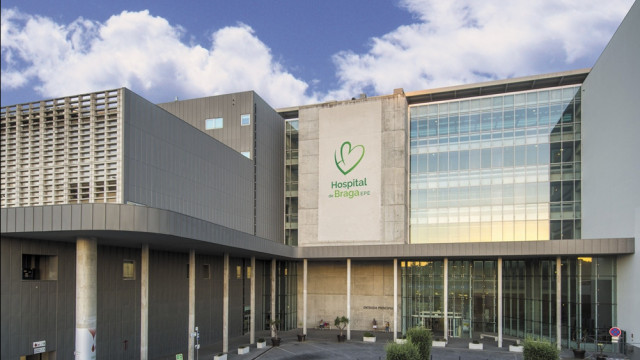Consumer price increases, excluding fresh products, reached 3.3% year-on-year last month, marking a decrease from the 3.7% rise recorded in May, which had been the highest since January 2023.
Economists surveyed by Bloomberg had forecast a 3.4% increase, yet inflation continues to exceed the 2% target set by the Bank of Japan (BoJ).
Inflation is contributing to growing dissatisfaction with the government of conservative Prime Minister Shigeru Ishiba ahead of Sunday’s Senate elections, the upper house of Japan’s parliament.
At 68, Ishiba leads a minority government following the Liberal Democratic Party’s (LDP) October legislative election defeat.

Japanese Prime Minister Shigeru Ishiba stated on Sunday that the country is ready to “stand firm” and is prepared for all possible tariff scenarios that might result from trade negotiations with the United States.
Lusa | 06:54 – 06/07/2025
Polls suggest the ruling coalition, consisting of the LDP and its ally Komeito, risks losing the Senate majority on Sunday, which could force the prime minister’s resignation.
In an attempt to alleviate the burden on families, Ishiba extended housing and energy subsidies and promised to issue checks worth 20,000 yen (116 euros) to every citizen.
A key campaign issue has been the price of rice, which has surged since autumn, prompting authorities to release part of the country’s strategic rice reserves.
Rice prices rose 99.2% in June year-on-year, though this represents a slight slowdown following a 101% increase in May, levels unseen in half a century.
“The primary factor behind the deceleration of inflation in June was the sharp drop in energy prices, which reflected the reinstatement of gasoline subsidies,” noted Abhijit Surya, an analyst at Capital Economics.
“The removal of water tariffs in the capital [Tokyo] also had a modest impact,” he added.
The archipelago has grappled with deflation (an annual drop in consumer prices) for years. However, since April 2022, inflation, excluding fresh products, has consistently exceeded the BoJ’s 2% target.
The central bank began tightening interest rates in March 2024 to curb inflation but has recently faced uncertainties linked to the trade war launched by the United States.
Japan is already contending with 25% tariffs on automobiles and 50% on steel, severely affecting Japanese companies, and faces the threat of a 25% tariff on all exports, suspended by Washington until August 1.
Abhijit Surya expressed the belief that the BoJ may raise interest rates again later this year or in early 2026.




